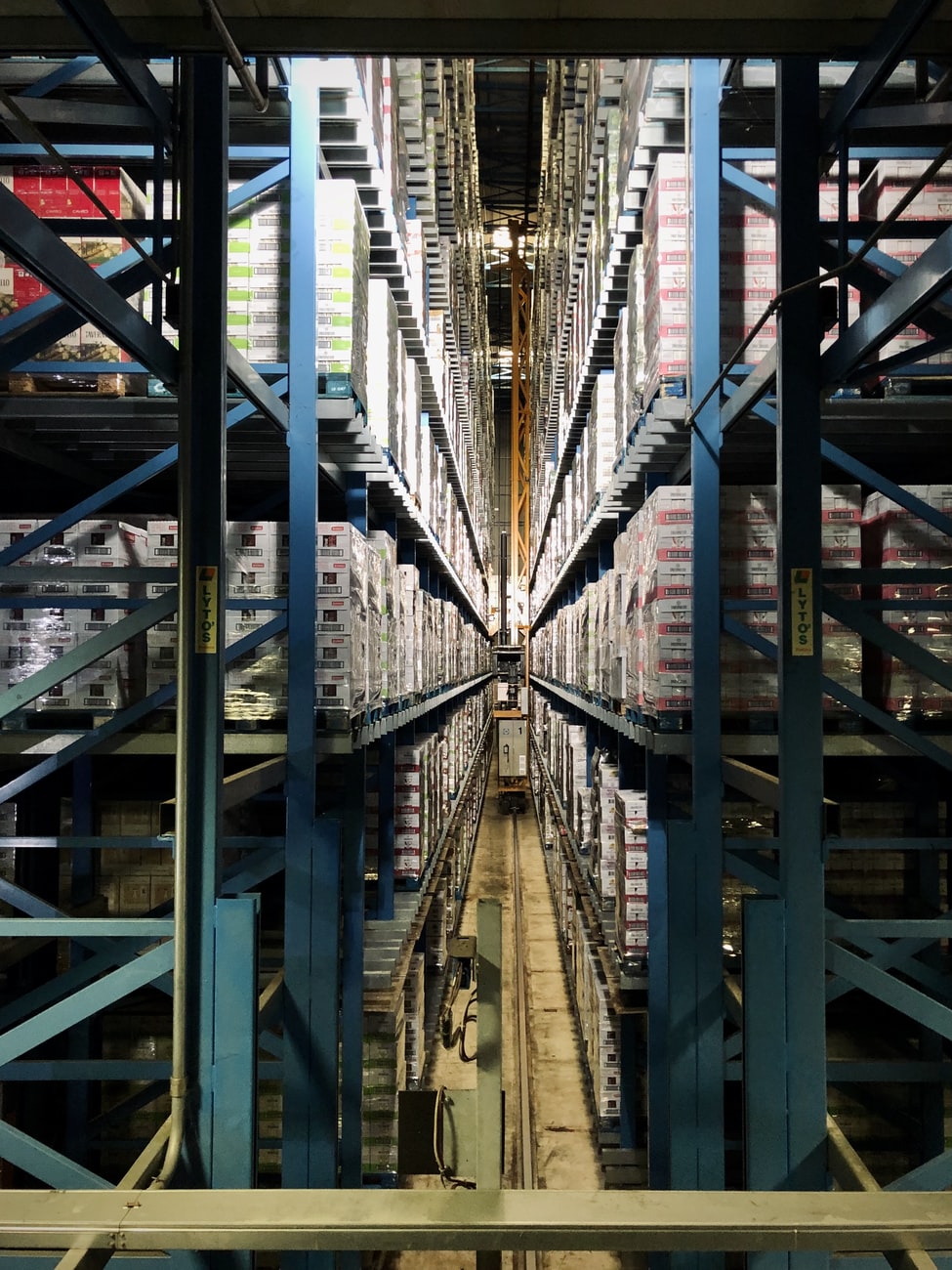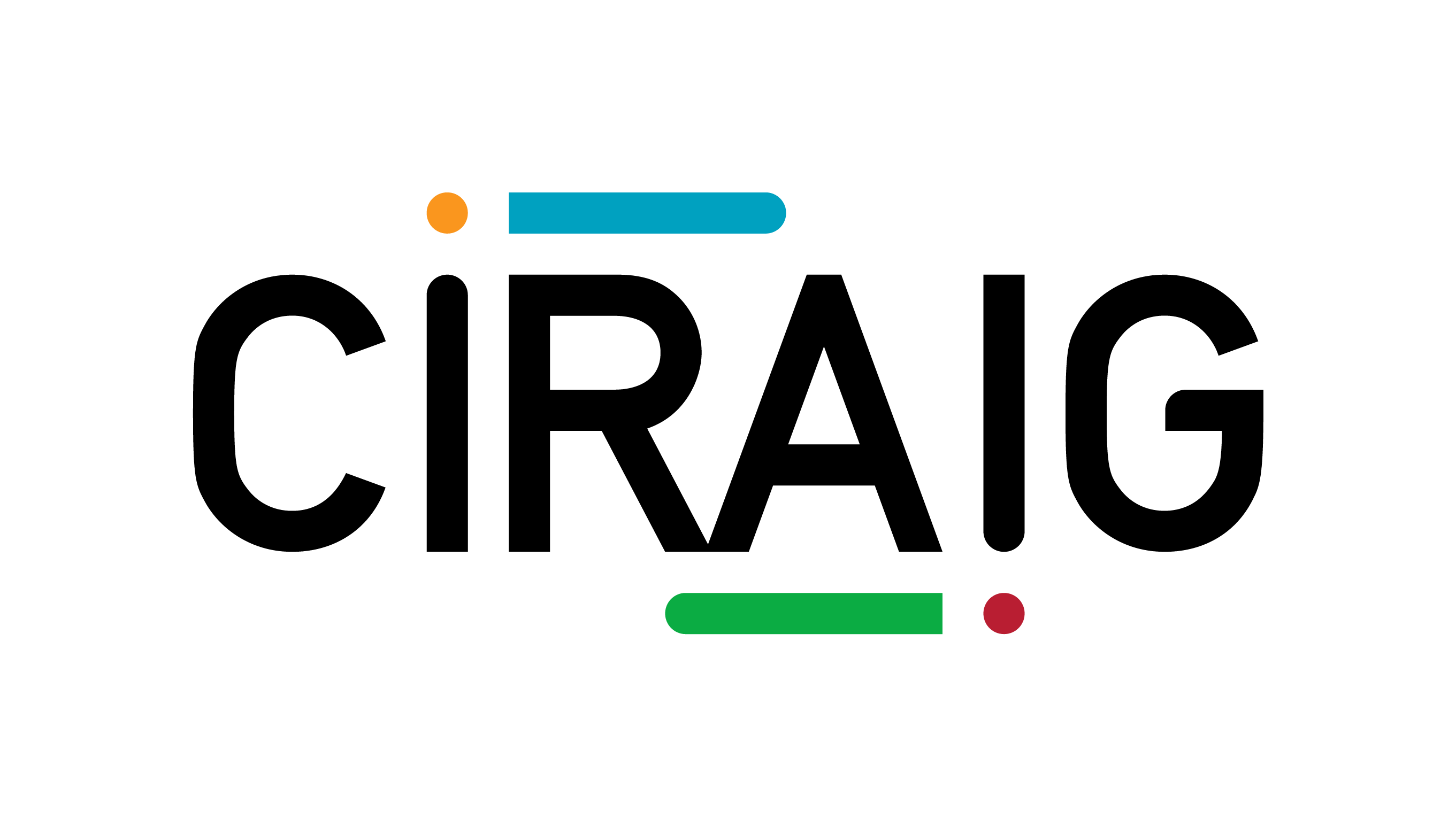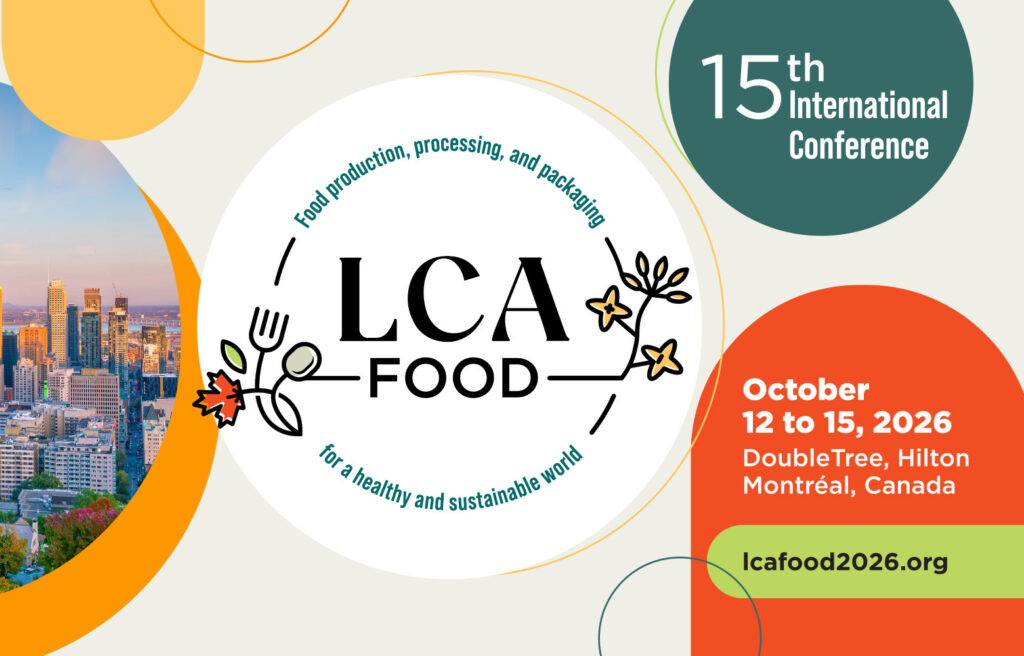Environmental footprint of procurement by Shared Services Canada
This study evaluates the partial life cycle GHG, cumulative water use and energy use associated with the procurement under the authority of SSC across Canada

In line with the federal government’s commitments to climate change and environmental protection, Shared Services Canada (SSC) has to address the ecological and social aspects of the federal procurement under its authority – mostly information technology products and services – and seek to reduce their associated impacts, including, but not limited to, greenhouse gases emissions (GHG), water use and energy use.
This study evaluates the partial life cycle GHG (embodied GHG or carbon footprint), cumulative water use and energy use associated with the procurement under the authority of SSC across Canada in order to identify those key procurement that cause the most impacts and on which it would be a priority to act (e.g. close monitoring of the procurement, adding targeted environmental criteria to calls for tender).
This study builds on and extends previous carbon footprint study conducted in 2018 and 2019 by the CIRAIG for Public Services and Procurement Canada (PSPC). For the current study, SSC asked the CIRAIG to apply the same methodology for estimating the carbon footprint of SSC procurement and to expand it to also cover energy and water consumption issues. SSC also asked first the CIRAIG for an update of the model it uses for the analysis.





